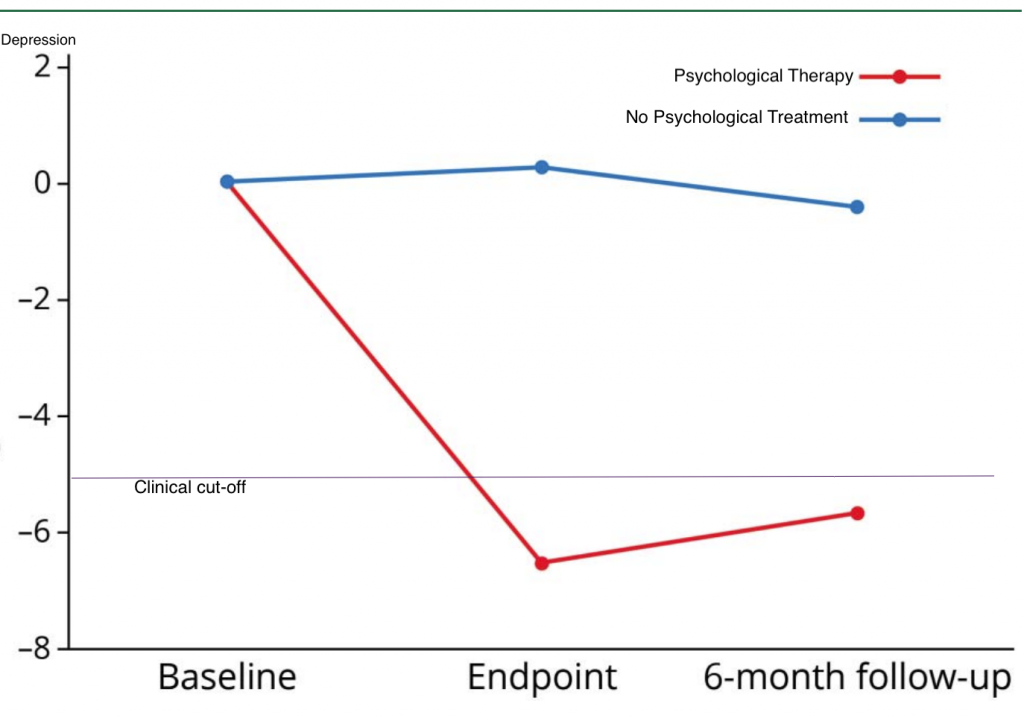Are mental health clinicians satisfied with their careers? I’ve been seeking to understand factors that relate to high levels of career satisfaction. Of course burnout is a major consideration, and NovoPsych has self assessment tools for burnout and compassion fatigue. But broadly the good news is that practicing psychologists, as a whole, are very satisfied with our careers (Rupert et al., 2012)! According to the data here are the top empirical predictors of career satisfaction among psychologists.
- Control and sense of autonomy around treatment decisions
- Work-life balance
- Administrative ease (not having to worry about paperwork or client payments)
- The opportunity to discuss work frustrations with family or a confidant
- The career-sustaining behaviour of reflecting on satisfying work outcomes
NovoPsych’s mission is to help mental health services use psychometric science to improve client outcomes. So let’s take a moment to use some science to reflect on the how satisfying it can be to have good outcomes!
Psychologists make a real difference in people’s lives!
- You probably helped 80% of the people who sought your assistance. In most studies of psychological treatment the average treated person is better off than 80% of those who did not receive treatment!
- Psychological therapy is a powerful treatment for mental disorders (Cohen’s d = 0.8: Wampold, 2002). In fact, it is as effective as pharmacological treatments for COVID-19 (Cohen’s d = 0.83: Lee, 2020).
- Psychological interventions are 32 times more cost effective than money at making us happy (Boyce & Wood, 2010). Money doesn’t buy happiness, but therapy might!
And to further reflect on the meaningful impact you’ve had with your clients, just check out the below graph. It shows the typical depression score changes for people in psychological treatment versus no treatment (Dobkin et al., 2011). As you can see, people that didn’t receive psychological therapy remain depressed, even at 6 months follow-up, while people in the therapy group received a great deal of benefit from treatment, to the extent that by the end of treatment they were below the clinical cut-off for depression!

- What were the moments when you realised that they’d recovered?
- What did you do that contributed to their improvement?
So finally, I hope that you’ll find time to routinely reflect on the positive change that your work inspires. In 2021 I hope the team at NovoPsych can help you do that (you can email me about program evaluation). After all, reflecting on positive outcomes is associated with sustainable work satisfaction!

 |
| Dr Ben Buchanan BA (Hons), GradDipPsych, DPsych, MAPS Co-founder & Director of NovoPsych Pty Ltd [email protected] www.NovoPsych.com Psychologist |

